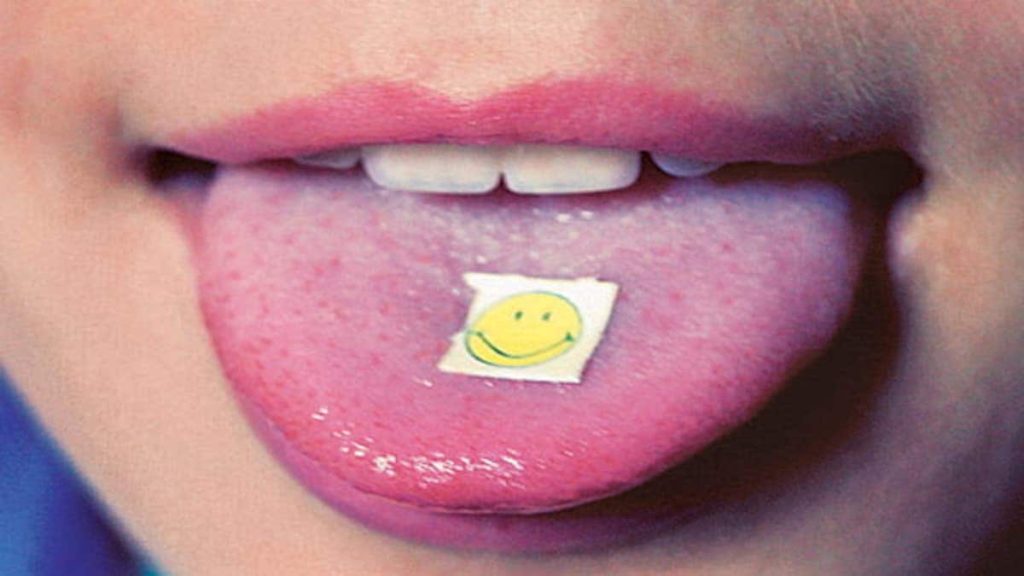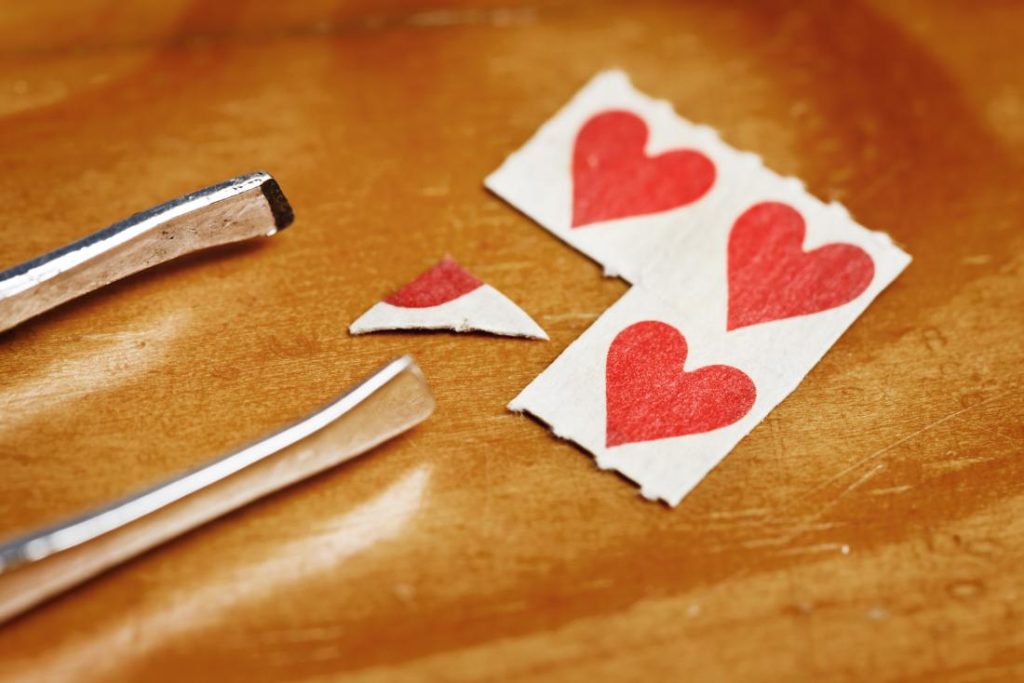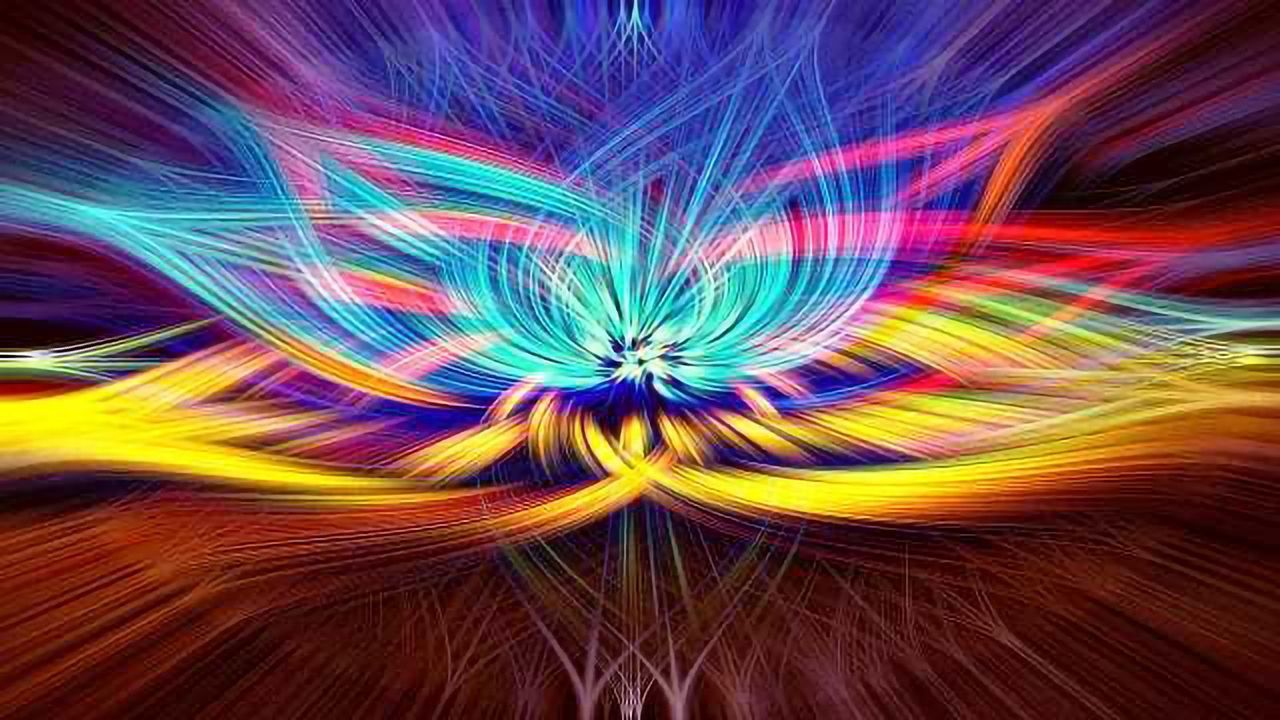Microdosing LSD and psyccybin has many potential benefits, including improved mood and emotional well-being. It has been shown to improve cognitive functioning and reduce depression and anxiety. In addition, several cross-sectional studies have shown positive associations between microdosing and mood improvement.
Evidence of psilocybin’s effectiveness in treating depression
After being dismissed as a dangerous counterculture drug, psilocybin vs LSD has been decriminalized in several states and cities and respected institutions have opened psychedelic research centers. Studies show that psilocybin is safe to take and may help treat depression and other psychiatric disorders. Microdosing psilocybin has been successful in treating depression and post-traumatic stress disorder in patients.
One study found that psilocybin, given in microdoses, is as effective as escitalopram in treating depression. Researchers conducted the trial in people with severe PTSD. The study involved thirty patients who received either 25 mg or one mg of psilocybin three weeks apart. The participants were also given daily doses of escitalopram. Patients also received psychological support as part of the study.
A third placebo-controlled study was published earlier this month. The researchers at the University of Chicago administered four microdoses of LSD to volunteers. Participants were not told why they were taking the drug or what it would do. Overall, the participants reported improved mood and well-being after the microdosing.
Related: Cocaine Side-Effects and Treatment of the Brain

Effects of microdosing on mood
This study aims to answer the question, “Can microdosing LSD or psilocybin improve mood?” Its results are limited by the fact that only half of the study participants reported significant improvements in mood or anxiety. These results suggest that further research is needed to further understand the effects of these drugs.
Microdosing LSD or psilocybin is illegal in the United States and in many other countries. Yet, people claim that small doses of these drugs improve mood, creativity, and problem-solving. Microdosing also reduces depression and anxiety. However, it is important to note that these effects are often subjective and do not come from medical professionals.
Microdosing is a relatively new field of research, and the effects on humans are not fully understood. So far, only a small number of studies have been conducted. However, several studies conducted on animals suggest that microdosing has anti-inflammatory effects.
Effects of microdosing on anxiety
Researchers have found that microdosing LSD or psilocybin significantly reduces anxiety and depressive symptoms. However, there are still many questions surrounding the effects of these psychedelics, and the biological mechanisms are not fully understood. Microdosing has also been associated with improved resilience and optimism.
However, recent research has suggested that these drugs have a placebo effect. Although self-report studies rely on participants’ honesty, the results are not always reliable. Some people have reported unwanted side effects, including migraines, overstimulation, difficulty sleeping, and physical discomfort. In general, it is still unclear which drugs have the most positive effects, but there are many known negative side effects.

Microdosing has become more common in the past decade. Although it may not be safe for everyone, it may help some people overcome anxiety and improve their professional performance. However, the results of these studies are inconclusive as there have not been enough studies to draw firm conclusions.
Effects of microdosing on cognition
Researchers are attempting to understand the effects of microdosing LSD and Psilocybin on cognition. They have conducted self-reporting experiments using college students. They found that the majority of participants experienced hallucinations when microdosing. These hallucinations may be caused by a failure to accurately dose the drugs.
The practice of microdosing psychedelics has a long history. As early as the 16th century, a Spanish friar reported that the Aztecs used low doses of psilocybin (the active ingredient in magic mushrooms) to treat illnesses such as fever and rheumatism. In the mid-1940s, LSD and other psychedelics gained popularity. Their use was credited with scientific breakthroughs like the discovery of the double helix structure of DNA.
In a recent study conducted by Dr. Kim Kuypers and colleagues at Maastricht University, she and her team explored the effects of microdosing on cognition. They found that participants experienced many positive benefits while also experiencing negative ones. But they also found that the adverse effects of psychedelic microdosing were more likely to be psychological than physiological. Furthermore, the researchers noted that the placebo effect may have contributed to the beneficial effects of microdosing.
More to read: Learn about school dress codes in America USA
